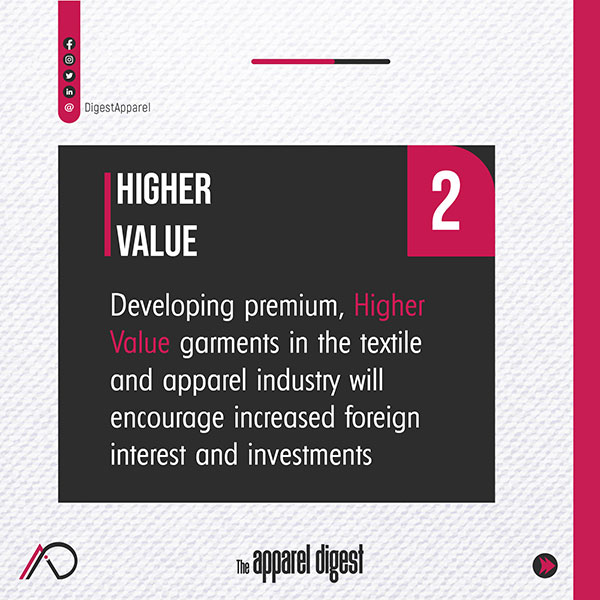In Ghana, the Zero VAT policy for domestic textile manufacturers has been extended for the second consecutive time, providing continued relief from Value-Added Tax (VAT) on their products.
Minister of Finance Ken Ofori-Atta made this announcement during the presentation of the 2024 budget in parliament.

Figure: In Ghana, the Zero VAT policy for domestic textile manufacturers has been extended for the second consecutive time.
Earlier, regarding the extension, the Association of Ghana Industries (AGI) requested to counteract the potential influx of textiles from neighboring economies through smuggling.
Seth Twum Akwaboah, CEO of AGI, said, “The Zero VAT policy, introduced in 2019 and extended multiple times, is crucial for local manufacturers. The policy was implemented to support local industries facing challenges from smuggled and competitively priced foreign textiles.”
The issue of smugglers avoiding VAT payments, resulted in cheaper imported products dominating the market. The Zero VAT policy helps local manufacturers remain competitive, Akwaboah highlighted.
In 2019, the textile industry received a boost when the government zero-rated VAT on locally manufactured textiles for three years to revive the struggling sector.
However, challenges persisted in 2021 due to COVID-19 and the government’s perceived lack of effective measures against the influx of cheap textiles with copied designs.
A task force, established by the former Minister of Trade and Industry, Alan Kyerematen, to address smuggling and counterfeit textiles, faced operational challenges and collapsed.
Additionally, a proposed textiles tax stamp, designed to differentiate genuine fabric from fake ones and generate revenue for the government, was indefinitely suspended.
Despite these obstacles, the sector did not experience the anticipated gains. After discussions involving the AGI and other stakeholders, the Zero VAT policy was extended for an additional two years, with the current extension set to expire in 2023.

